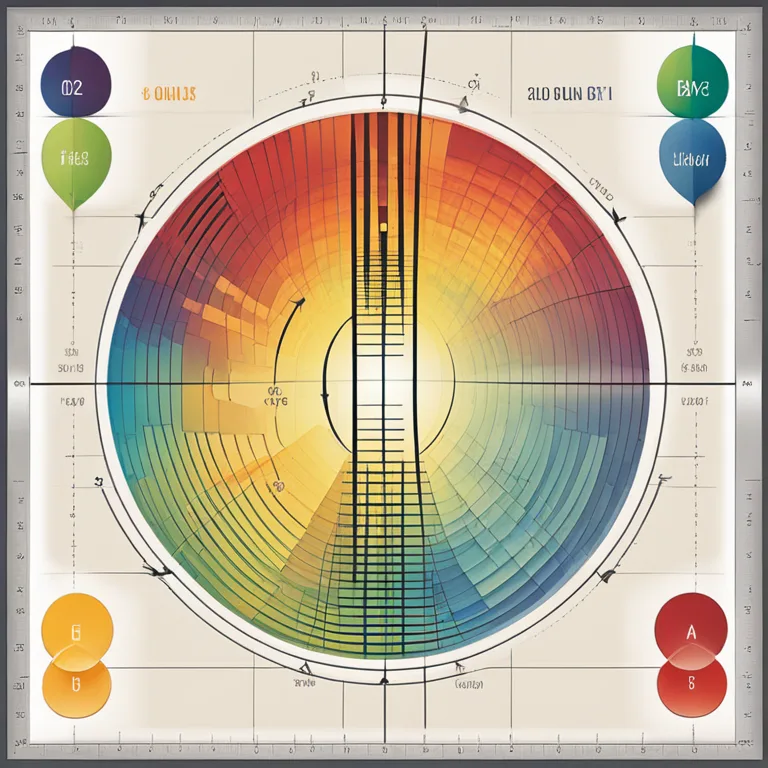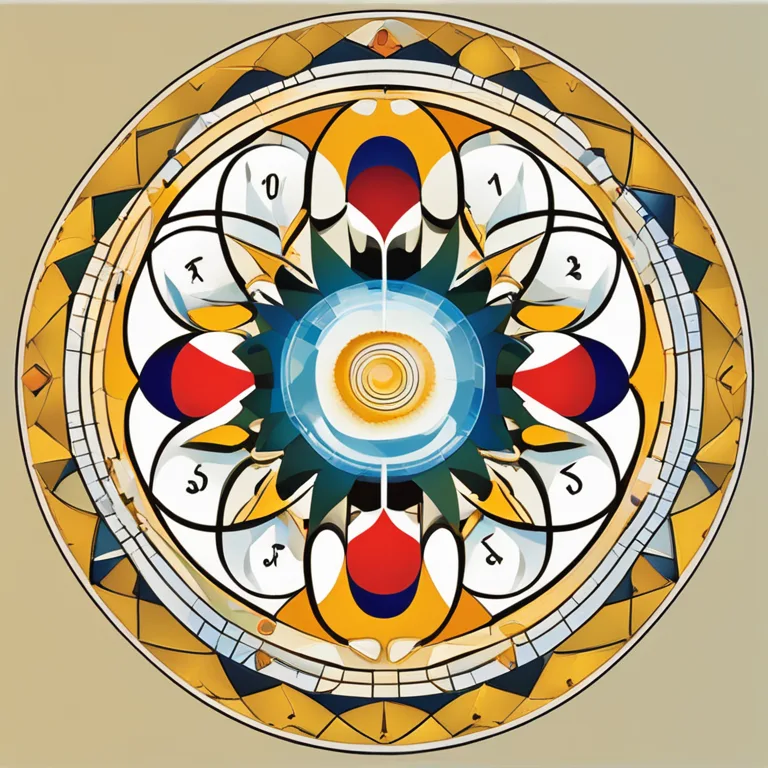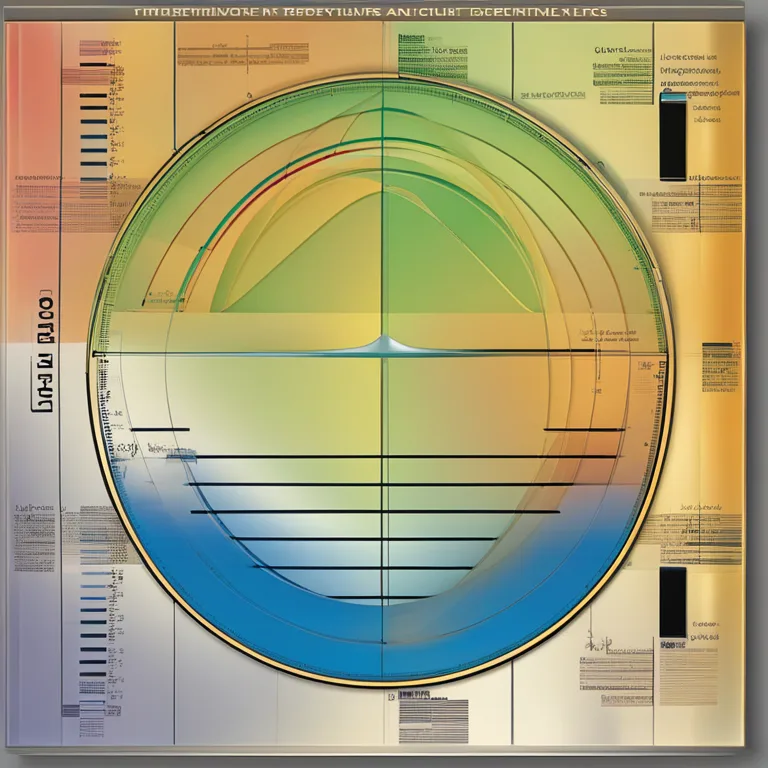
The Rhythms Within: Mastering Biorhythm Cycles
Delve into the world of biorhythms to comprehend the periodic fluctuations affecting your physical, emotional, and intellectual well-being.
article by Adrian Wallace
Introduction to Biorhythms
Biorhythms are considered to be the invisible waves that govern our lives, a concept at the intersection of biology and chronometry that suggests our physical, emotional, and intellectual capacities undergo cyclic patterns. Believers in biorhythms propose that understanding these cycles can enhance one's ability to anticipate periods of strength or weakness. Dating back to the 19th century but gaining prominence in the 1970s, the theory of biorhythms has become a subject of fascination and debate, integrating itself into the holistic approach to health and wellness in the modern digital era. With the advent of sophisticated software and mobile applications, tracking these rhythms has never been more accessible.

Physical Cycle: The Body's Ebb and Flow
The physical cycle, lasting a period of 23 days, is concerned with one's vitality, strength, and overall physical condition. It is said that when the graph charting this cycle moves above the baseline, one's physical prowess peaks — an opportune time for physical activities and exertions. Conversely, when the cycle dips below the baseline, the body might require rest and recuperation. Athletes, trainers, and fitness enthusiasts often find this aspect of biorhythms particularly interesting, as it holds potential implications for training schedules and competitive performance.

Emotional Cycle: The Heart's Highs and Lows
The emotional cycle tracks a 28-day rhythm akin to the lunar month, reflecting on our mood, emotional stability, and creativity. Riding the crest of the emotional wave, individuals may experience heightened empathy, harmonious interpersonal interactions, and an uptick in creative endeavors. In contrast, as we plunge into the trough, feelings of emotional distress or apathy may take hold. Understanding one's emotional biorhythm can lead to better emotional management and the timing of activities that require a high level of emotional intelligence or artistic expression.

Intellectual Cycle: Waves of Wisdom
Comprising a 33-day span, the intellectual cycle is tied to cognitive functions such as analysis, learning, and problem-solving. It is during the positive phase that one's mental acuity is purportedly at its best, characterized by a greater capacity to process complex information and develop insightful ideas. As the cycle wanes to its negative phase, it might be wise to steer clear of making weighty decisions or embarking on intellectually taxing projects. This cycle's implications are of particular interest to students, educators, and professionals seeking to optimize cognitive tasks.

Practical Applications of Biorhythms
The practicality of biorhythms lies in the proposed ability to anticipate and align one's activities with these innate cycles, potentially enhancing personal effectiveness and well-being. Software and apps dedicated to biorhythm calculations allow individuals to personalize their experiences by inputting birth data and receiving detailed analyses. As with any nonconventional modality, the key to integrating biorhythms into one's life is personal experimentation and a balanced perspective — acknowledging the benefits while being mindful of the lack of empirical support.
Critical Perspectives on Biorhythm Theory
It is necessary to note that mainstream scientific consensus does not support the veracity of biorhythms as a predictive tool. Critics argue that the theory lacks empirical evidence and that anecdotal successes can be ascribed to the placebo effect or confirmation bias. As such, while some find personal value in tracking their biorhythms, it is essential to approach the theory with a measure of healthy skepticism and to make decisions based on a wider array of information and practices.
Embracing a Holistic View
Whether or not one subscribes fully to the tenets of biorhythm theory, its underlying principle of listening to and understanding our bodies has universal appeal. In today's fast-paced world, taking the time to attune to our body's natural rhythms can serve as a reminder of the importance of balance and self-care. Despite differing opinions on the validity of biorhythms, the practice encourages a mindful approach to health, personal growth, and everyday living that can resonate with many.
Published: 12/28/2023
Modified: 12/28/2023
More predictions
Come back here soon to learn more about yourself and your future


Navigating Biorhythm Cycles
Explore the concept of biorhythms, their cycles, and examples of how they influence our daily lives.


Unlocking Your Body's Natural Clock
Explore the intriguing world of biorhythms and discover how they influence your physical, emotional, and intellectual states.


Biorhythms In Humans Explored
Exploring the concept of biorhythms and their influence on human behavior and physical states.